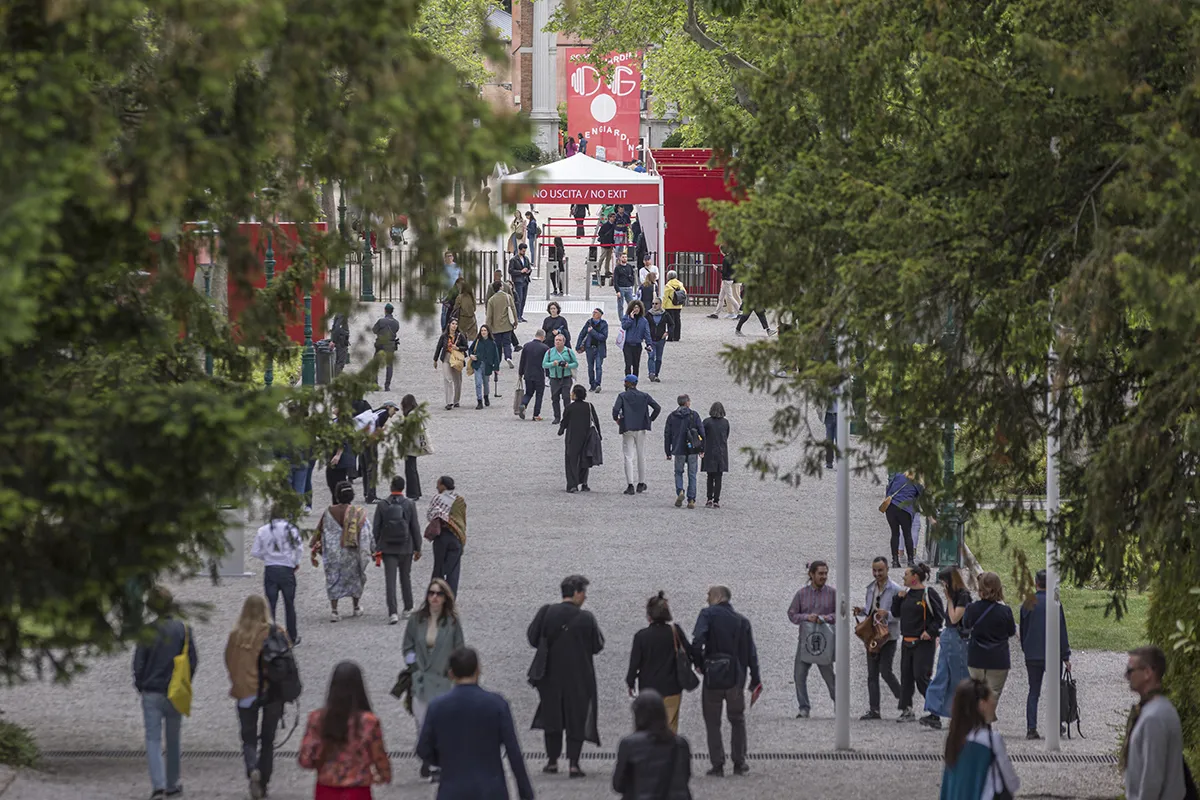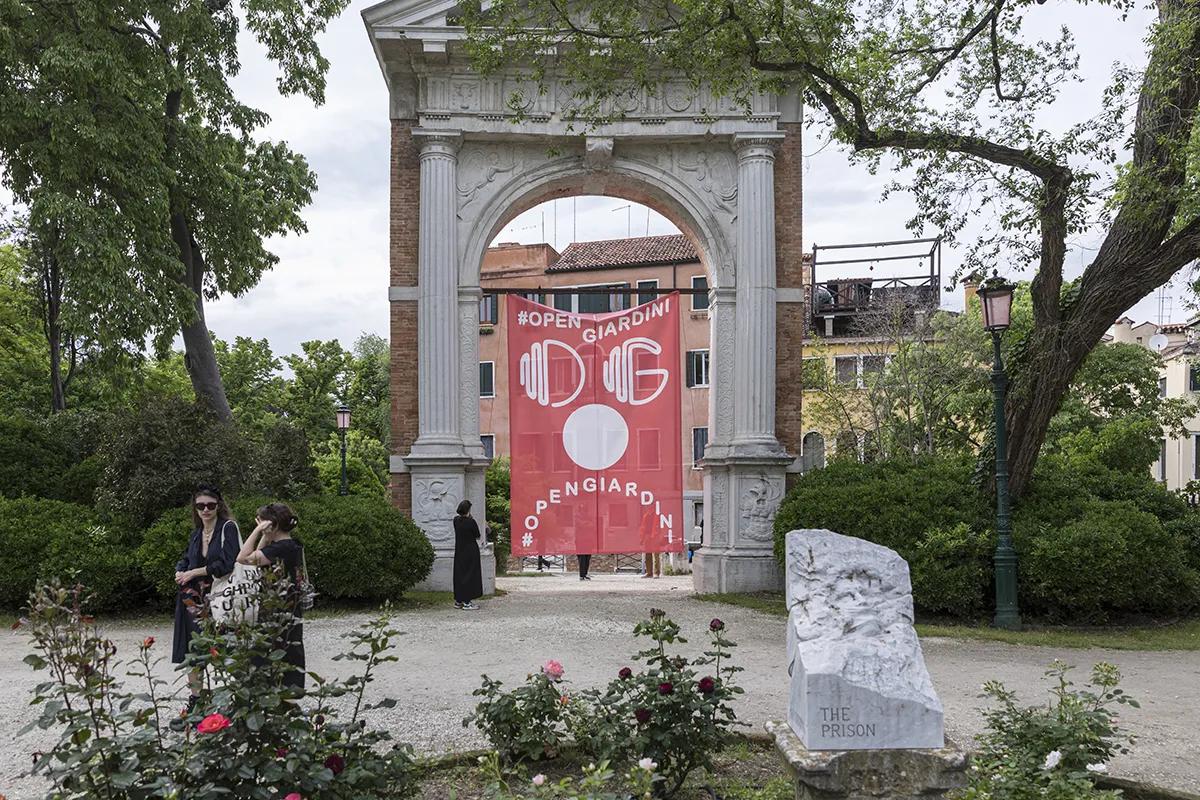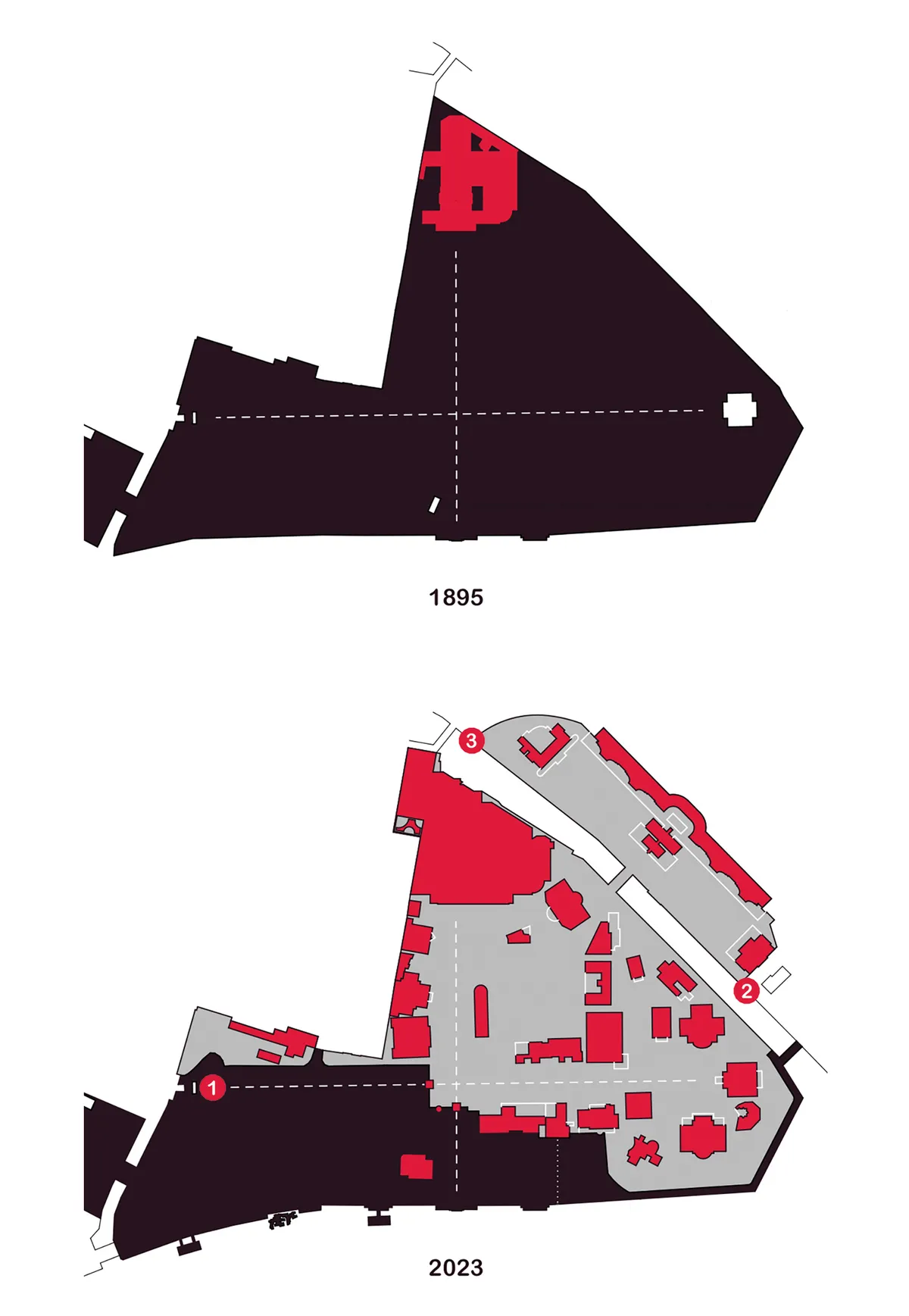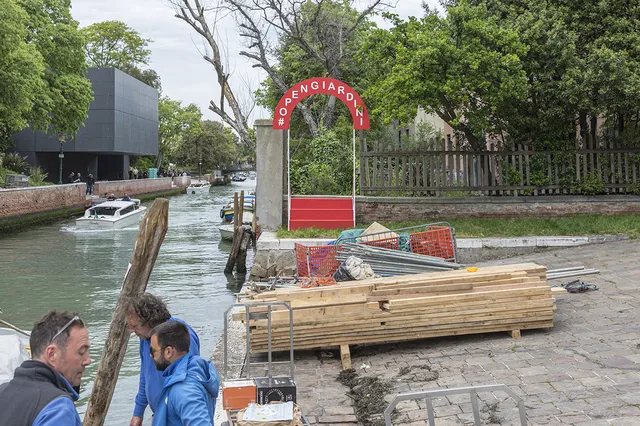
1/10

2/10

3/10

4/10

5/10

6/10

7/10

8/10

9/10

10/10
Public Space
Temporary Installations
M
Mention
12
votes of the public12
votes of the public
Author(s) / Team representatives
Daniel-Tudor Munteanu, Davide Tommaso Ferrando
Profession
architects
Collective/office
Unfolding Pavilion
Co-authors/team members
Laurian Ghinițoiu (photography), Michele Galluzzo (logo), Alessandro Mason, Lucas Geiger (design)
External collaborators
Ana Victoria Munteanu, Elisabeta Rabiniuc Mocanu, Marco Ballarin, Matteo Vianello, Noemi Biasetton
Project location
Venezia, Italy
Budget in euros
2000
Project start date
February 2023
Construction completion date
May 2023
Builder
self built
Website
Photo credits
Laurian Ghinițoiu



